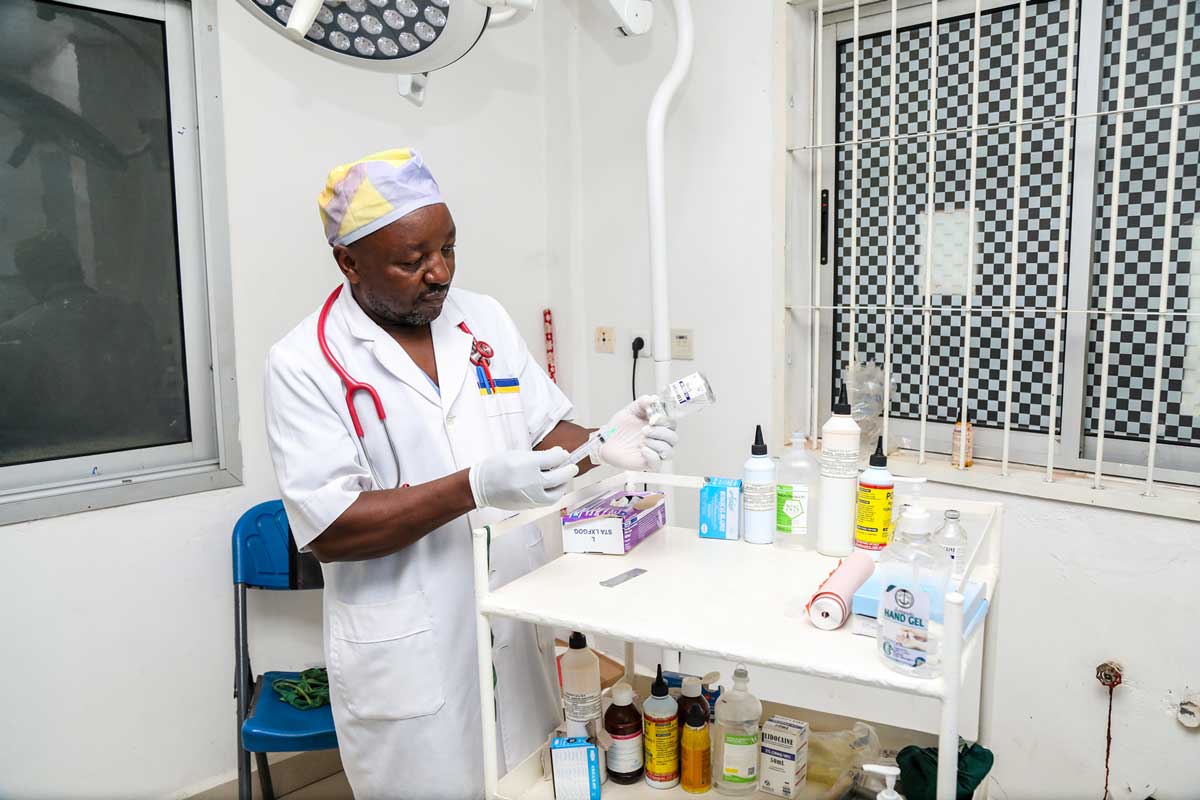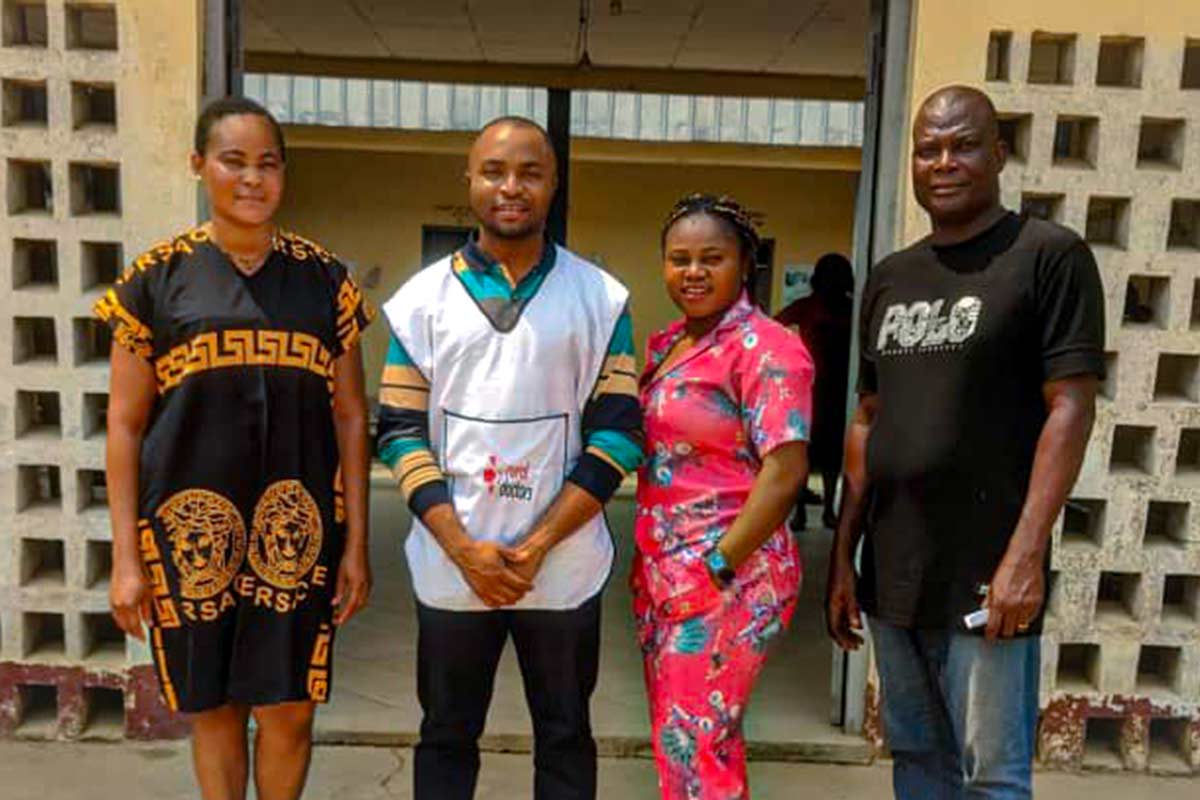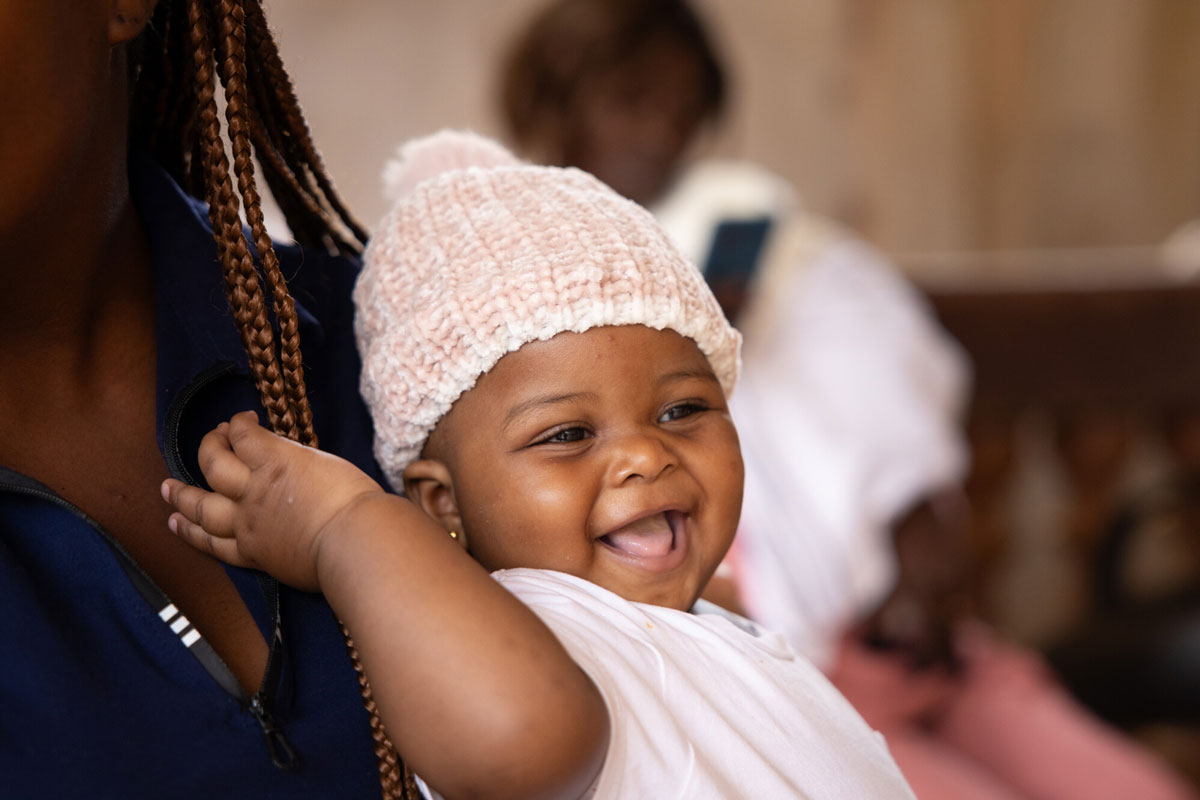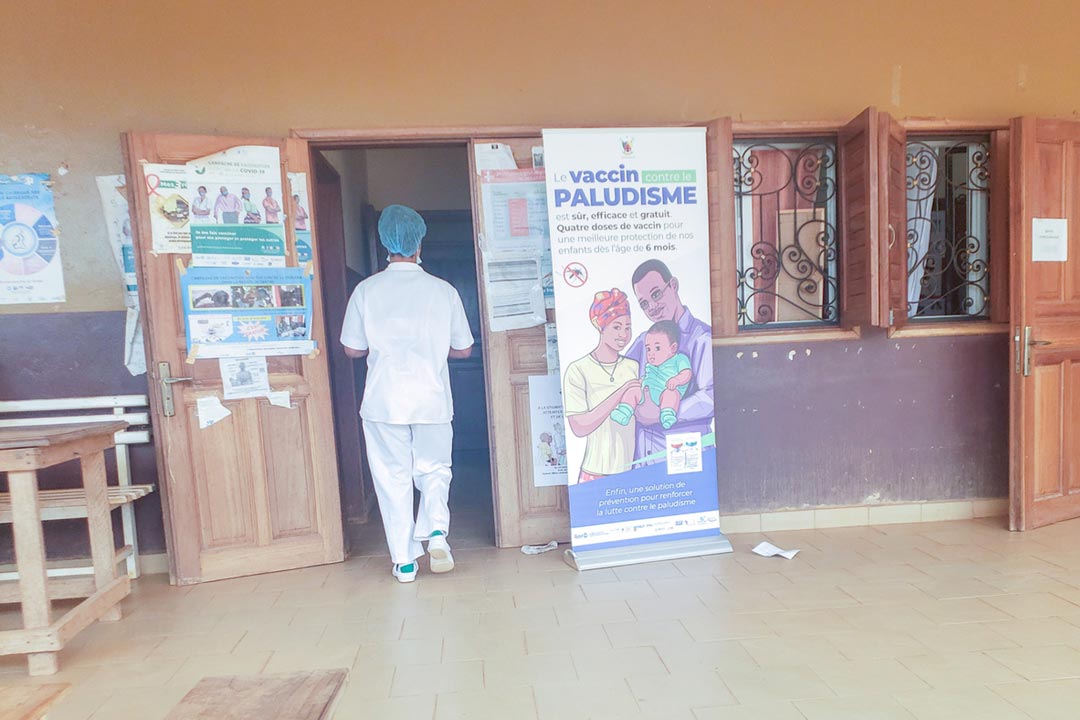Cameroon maps out strategy to reach zero-dose children with immunisation
For children in fragile and conflict-prone settings who have been out of reach of the government’s immunisation programmes, there is hope.
- 21 September 2022
- 3 min read
- by Akem Olives Nkwain
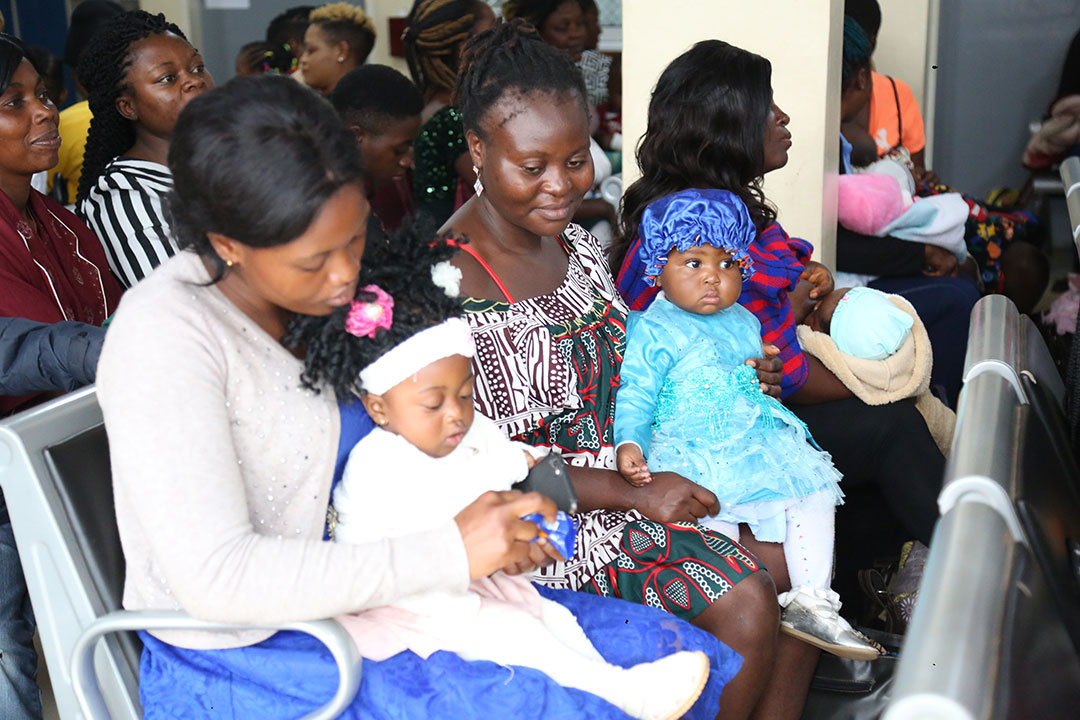
Launched on 10 August, an initiative dubbed “reaching and adapting immunisation services effectively to reach zero-dose children (RAISE 4 ZDC)” seeks to reach children with immunisation. The objective, according to Dr Njume Epie, Technical Coordinator of RAISE 4 ZDC, is to take vaccines to over 150,000 zero-dose children – children who’ve not received any routine vaccines provided by the country's Expanded Programme on Immunisation (EPI).
“My two daughters used to receive their vaccines when door-to-door vaccinators made rounds in my village. But due to the armed conflict, with insecurity at its peak, it’s been impossible to have them come around.”
“Following the launch, we are completing the inception phase whilst paving the way for full-scale activities to begin in October. This phase includes baseline assessments, identifying zero-dose children, and interacting with key actors, including management committees and social mobilisers. We’re equally crisscrossing health districts, health areas, and health zones to understand the determinants of immunisation coverage,” he explains.
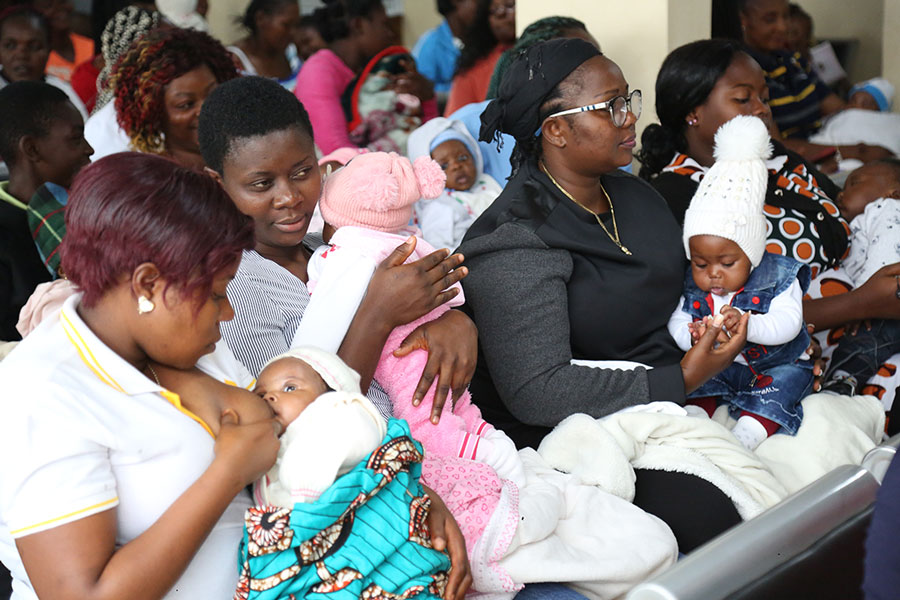
Credit: Akem Olives Nkwain
Dr Njume also says that they’re strengthening supply sites, creating awareness and influencing behaviour and social change in the communities, as well as ensuring equity in the provision of immunisation services.
Cameroon’s Expanded Immunisation Programme attempts to ensure that all eligible children in the country are vaccinated, but there have been a variety of challenges stopping children from receiving routine shots.
“In addition to the supply chain challenges, cultural, religious and attitudinal narratives, as well as hard-to-reach terrains, constitute major barriers to reaching zero-dose children,” says Dr Njume.
Have you read?
“Seventy-six percent of zero-dose children in Cameroon are concentrated in the Southwest, West, Littoral, Far North, and Centre regions. The Southwest region, for example, is currently experiencing an armed conflict that has limited outreach campaigns while in the other identified regions, vaccine hesitancy is a problem,” continues Dr Njume.
Thirty-six-year-old mother of three, Rohda Bong, says that her three-year-old son is yet to receive any routine vaccines. According to the recommended vaccination schedule for children aged 0 to 11 months, Bong’s son should have received 14 shots.
“My two daughters used to receive their vaccines when door-to-door vaccinators made rounds in my village, EkondoTiti, in Southwest Cameroon. But due to the advent of the armed conflict, with insecurity at its peak, it’s been impossible to have them come around,” says Bong.
“Now I hear there’s a project to reach children like mine with vaccines. Vaccinating my son will help prevent him from contracting many diseases. I look forward to it with excitement,” she adds, with a toothy smile.
Professor Pius Tih Muffih, Director of the Cameroon Baptist Convention Health Services (CBCHS) says that Cameroon has some of the highest child mortality rates in the world.
“If we reach zero-dose children, we’ll reverse this easily. The importance of vaccination to the survival of [Cameroonian] children is no longer a subject of debate. Vaccinating children is more important than ever due to recurrent health emergencies," he says.
The RAISE 4 ZDC Cameroon initiative is a Gavi accelerator-funded initiative led by World Vision USA and implemented in collaboration with the African Christian Health Platform (ACHAP) and its local member, the Cameroon Baptist Convention Health Services.
It is to be implemented in the five most fragile and vulnerable regions: the Far-North, North, Adamawa, Southwest, and Northwest regions. In the four years that the initiative will span, it is estimated that 5% of zero-dose children will receive their routine vaccinations.
